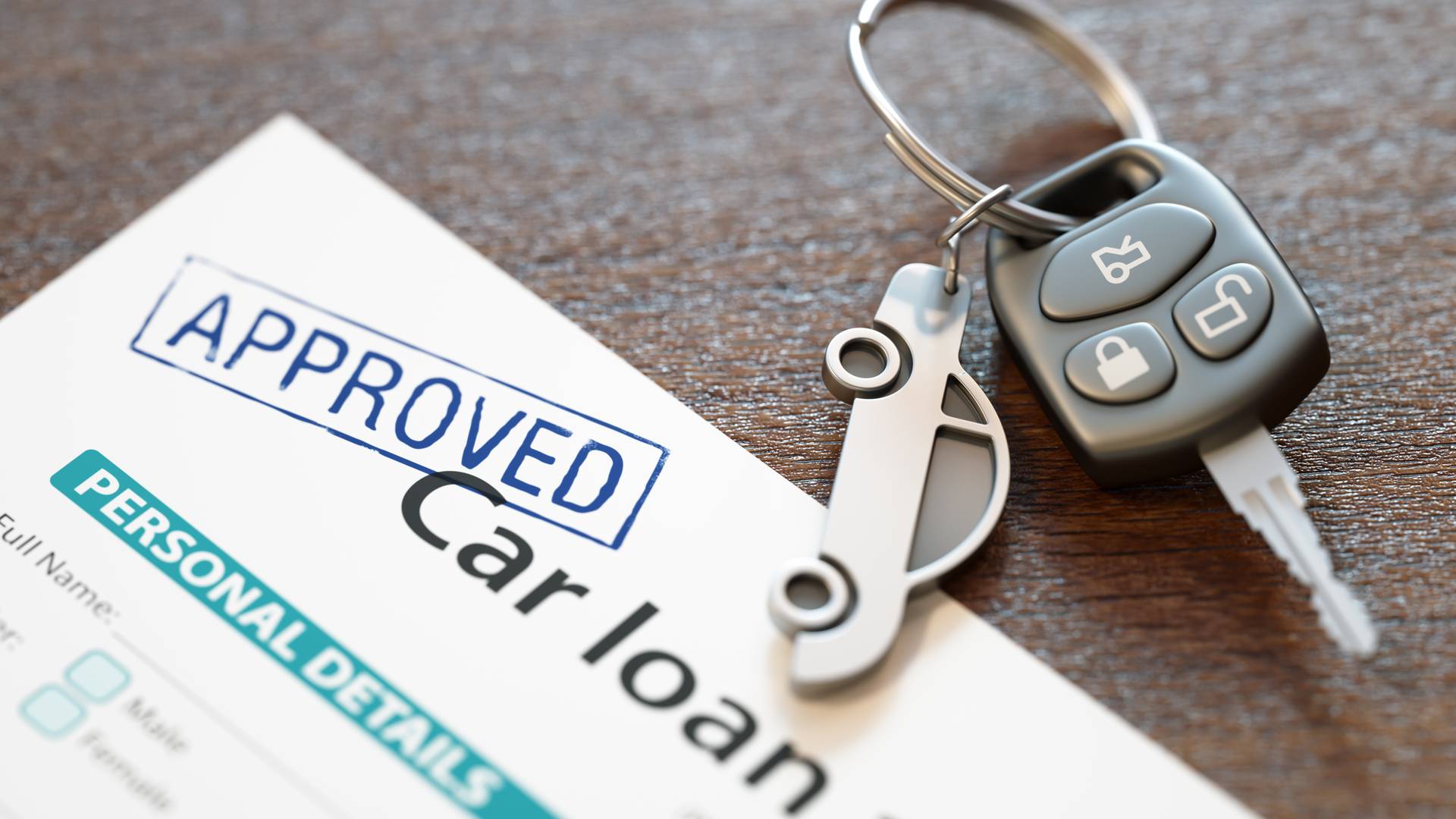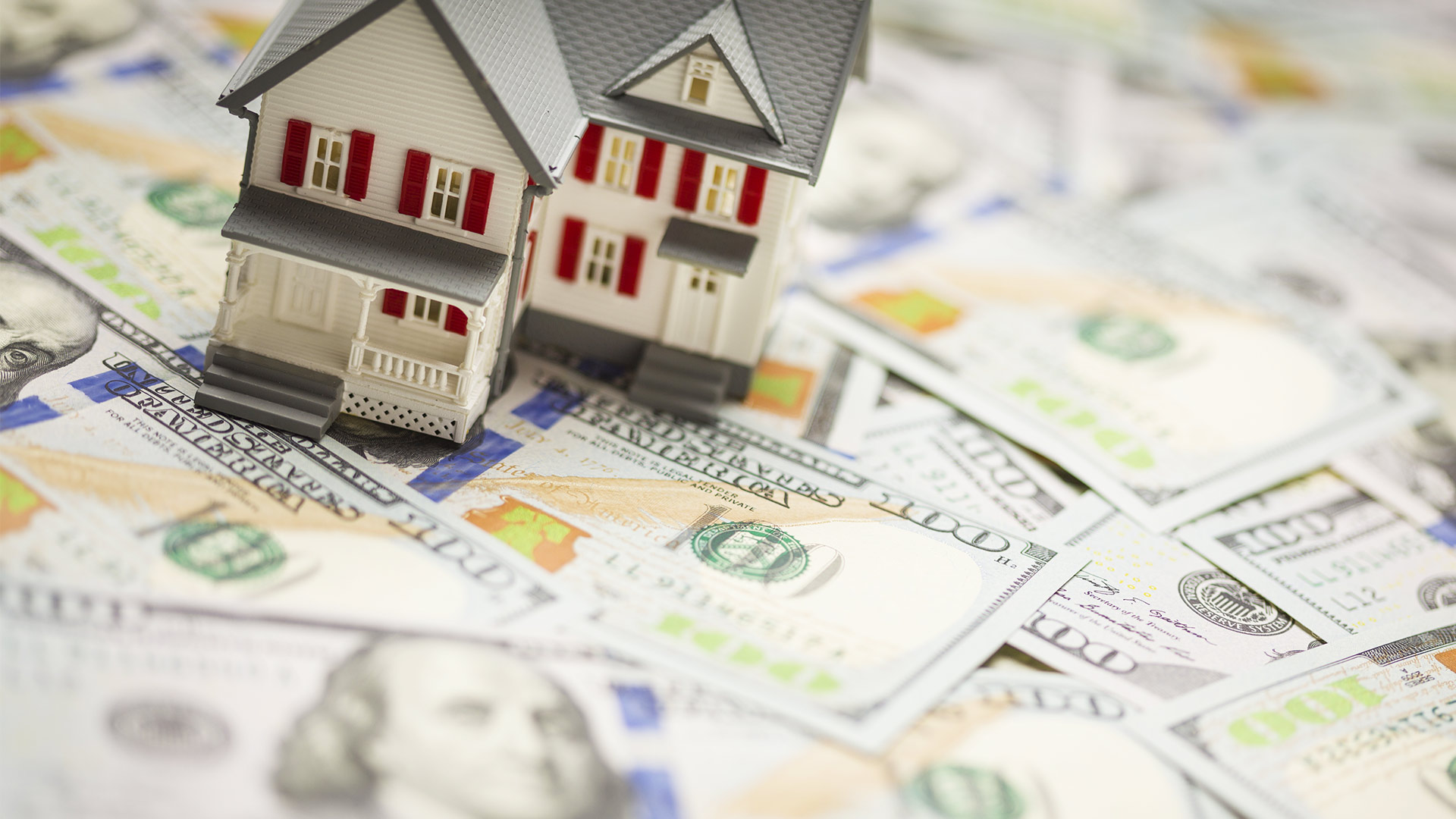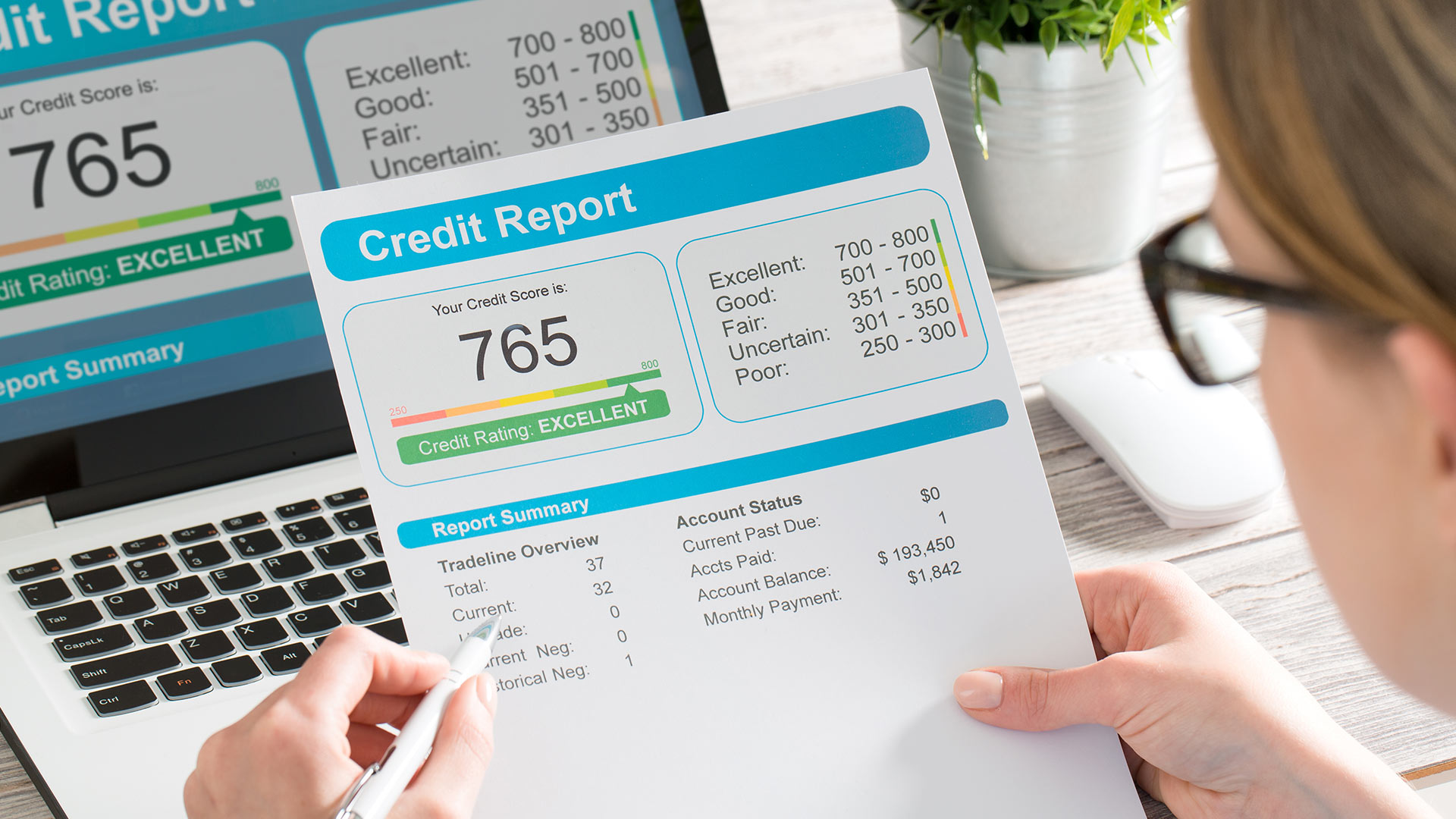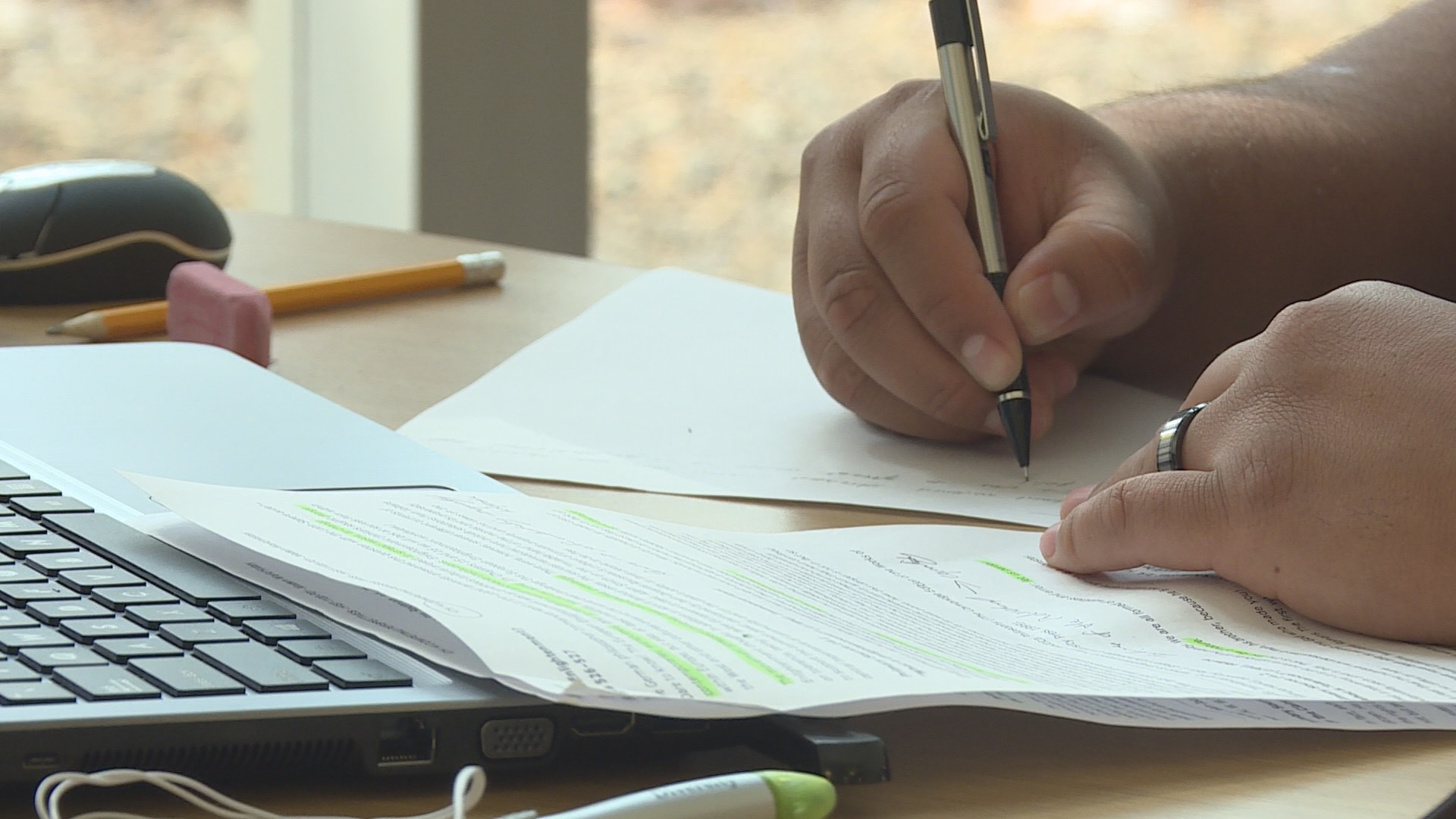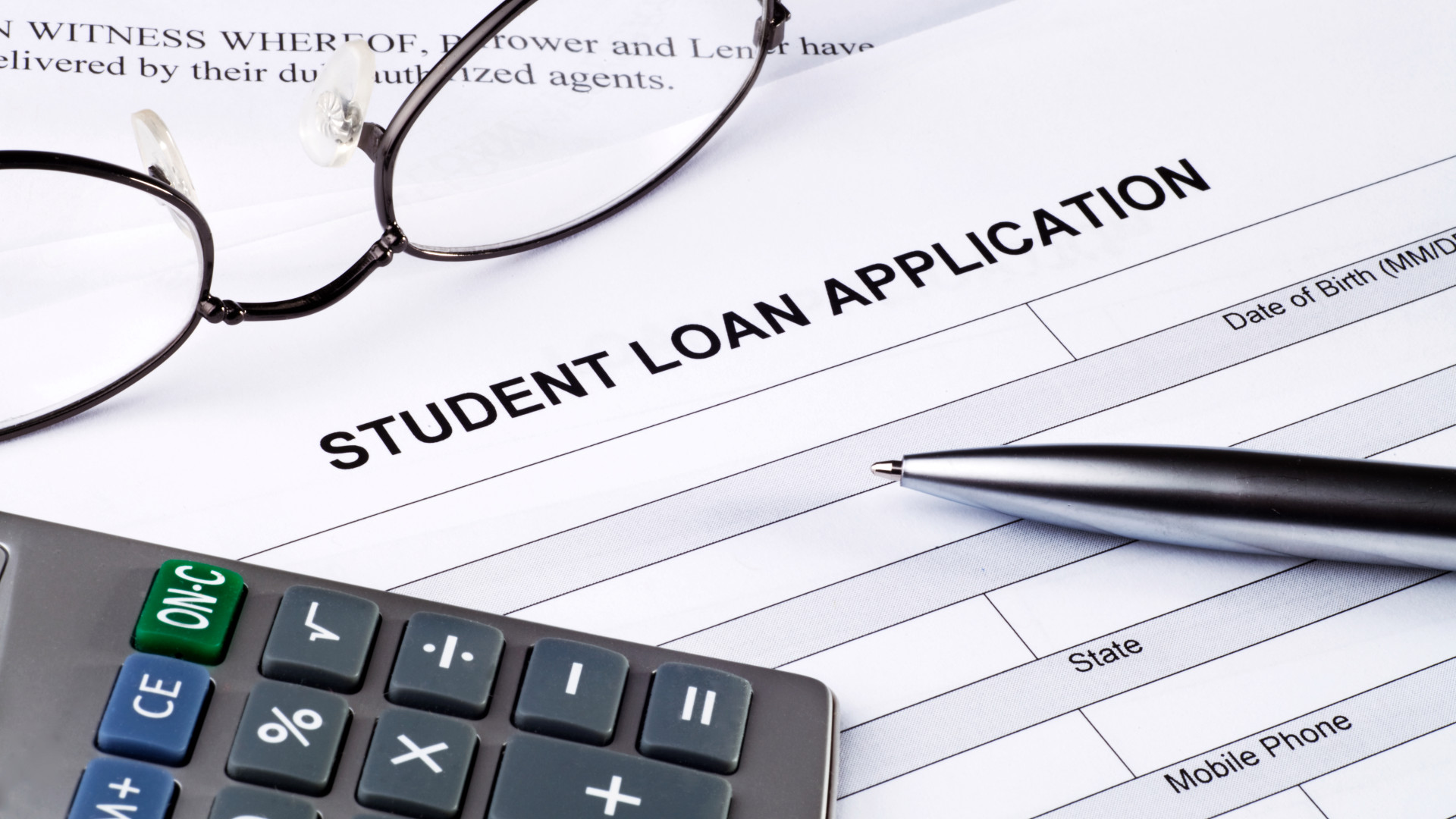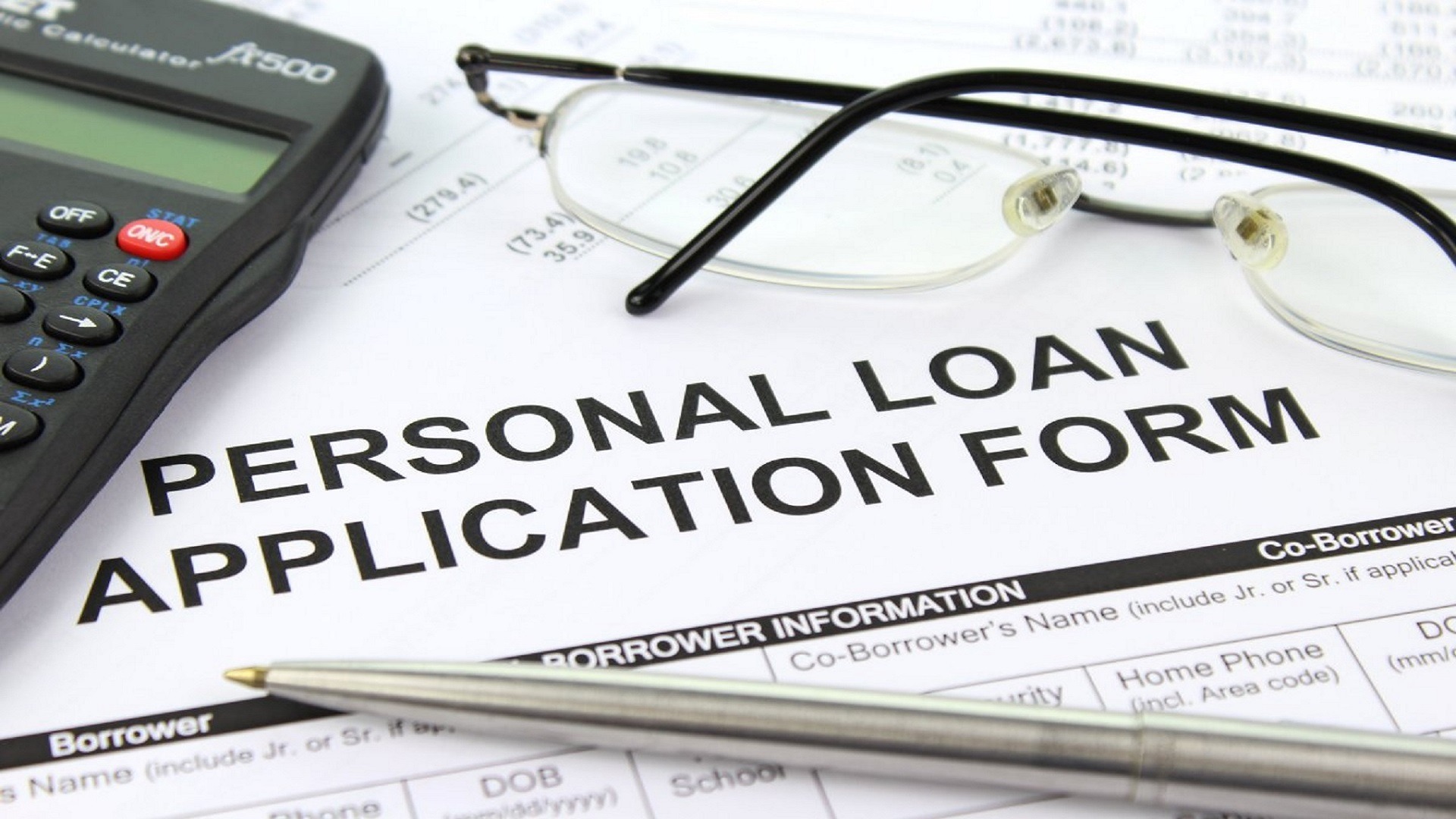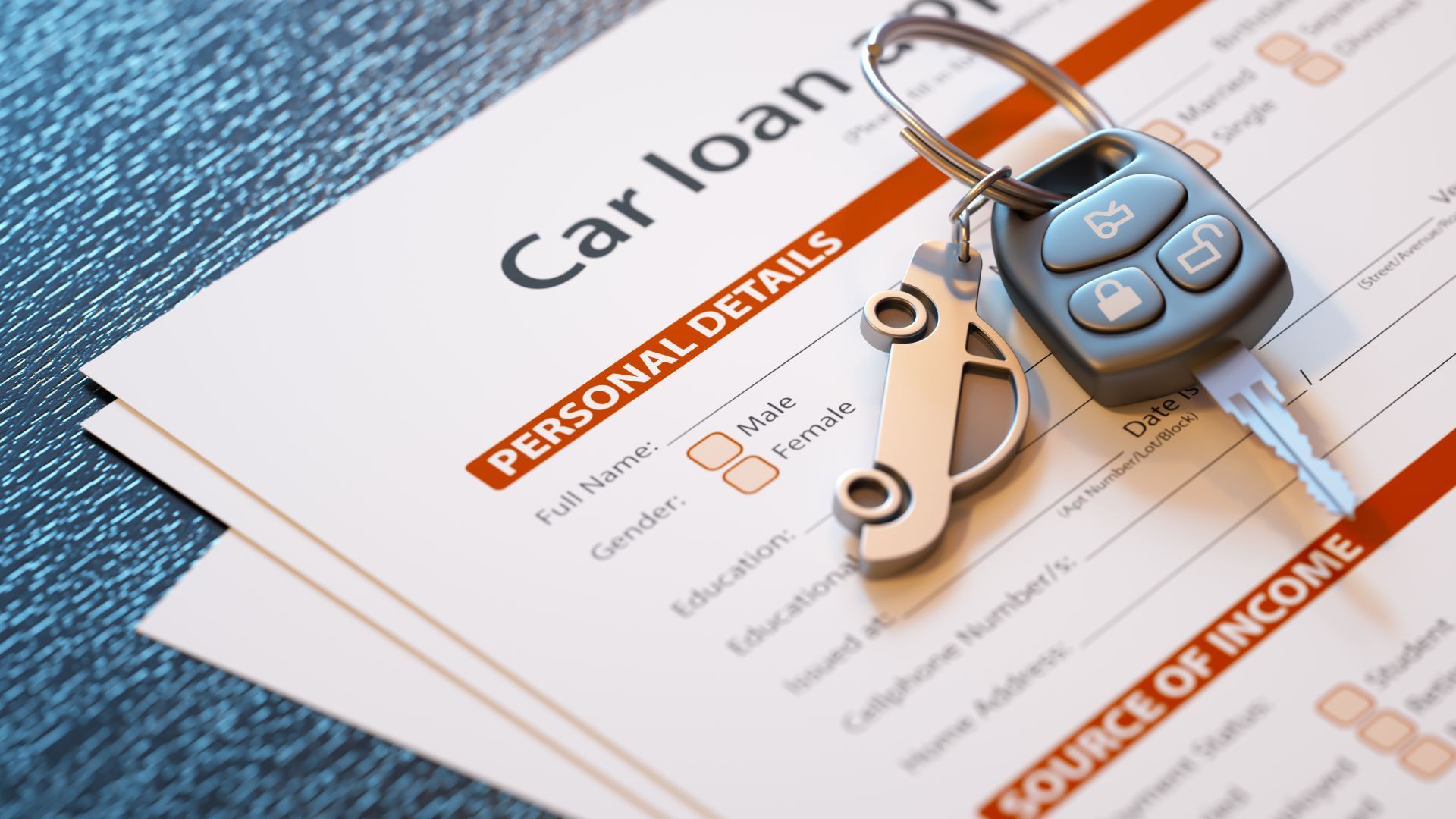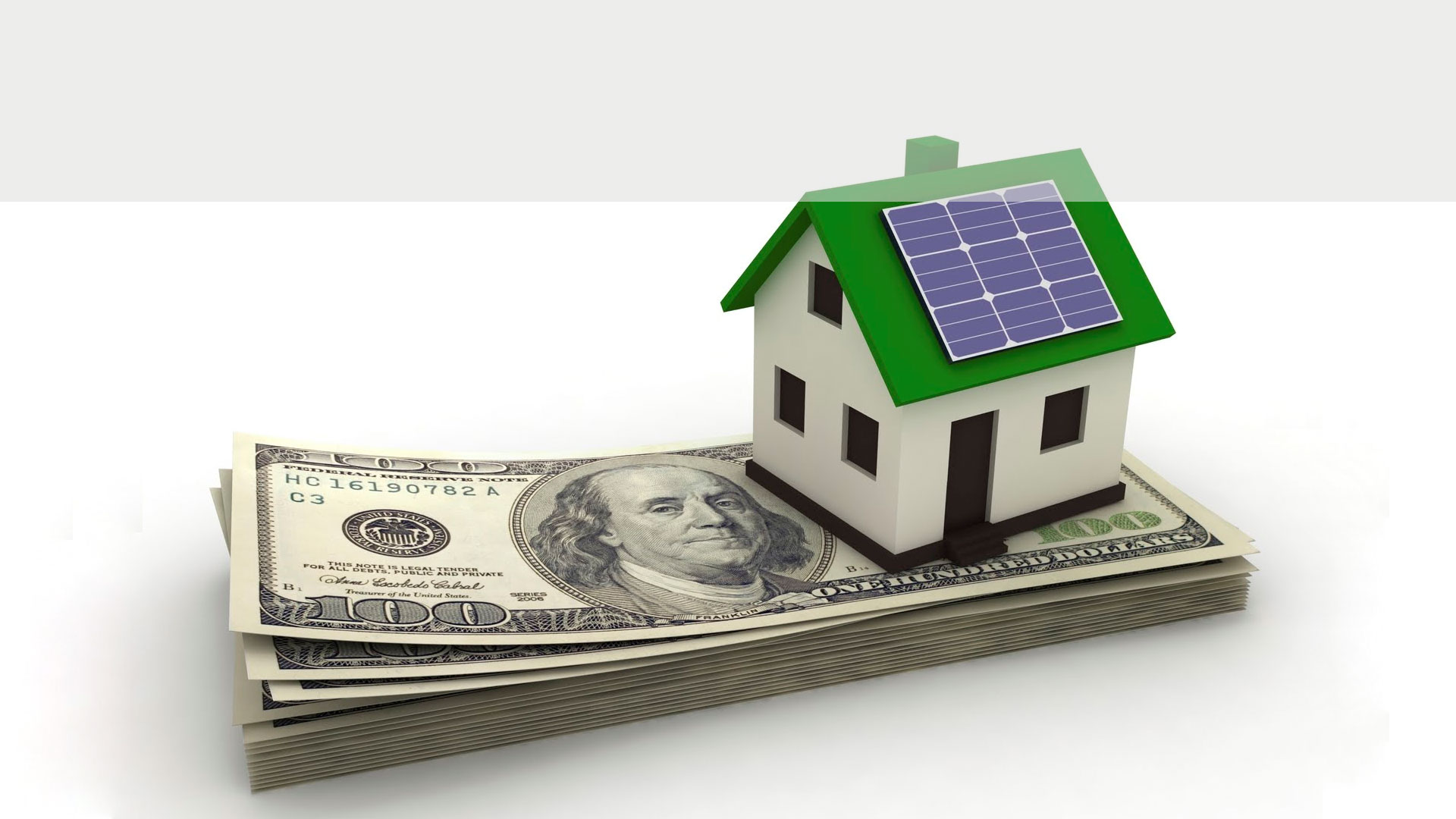Refinancing your current mortgage can give many advantages, including a lower interest rate, shorter repayment term, and progressively manageable monthly payments. Changing over an adjustable-rate mortgage to a fixed-rate mortgage can also give more certainty to borrowers who are stressed over rising interest rates. Be that as it may, those advantages often accompany extra charges and expenses.
All of these potential benefits make refinancing an integral asset. It’s easy to understand why homeowners refinanced $355 billion in mortgage debt in 20171, even with mortgage rates on the ascent. Here, we talk about probably the most widely recognized charges and expenses associated with refinancing a mortgage to assist you with preparing for the procedure.
How much does it cost to refinance a mortgage?
The expenses of refinancing a mortgage or home loan can vary pretty substantially from lender to lender and state to state, contingent upon their special procedures and prerequisites. That said, certain charges are more typical than others. Here are the absolute most regular charges that homeowners may experience during the refinance procedure.
Mortgage application fee
By and large, a mortgage application charge is often paid by the borrower at the start of the mortgage refinancing application process, regardless of whether the refinance is approved.
In addition to allowing the lender to recover a portion of their costs on loans that are not approved, this charge also discourages silly applications and allows lenders to concentrate on genuine applicants.
Not all lenders charge an application expense. The exact amount charged will rely upon the lender however can range from a low of around $100 to a high of two or three hundred dollars.
Appraisal fee
Before agreeing to refinance a home, a lender should understand what the home’s current market value is, and this will require an appraisal by an authorized appraiser.
The exact expense of the appraisal will vary based on a number of factors, including the sort of loan you are applying for, the size of the property, and whether the bank has a current relationship with the appraiser. At any rate, you can hope to pay at least two or three hundred dollars in appraisal charges, and up to $1,000 or more for progressively complicated properties.
Inspection fee
Whereas a home appraisal is meant to enable the lender to understand the market value of a property, a home examination is meant to determine whether a property is structurally stable and liveable. This will typically include reviewing the home’s wiring, plumbing, and structural respectability for issues, as well as looking for presentation to bothers (like termites) and poisons (like asbestos or radon).
Home investigation charges, like appraisals, will vary based on the size of the home and the multifaceted nature of the property. Homeowners can hope to pay anywhere from two or three hundred to $500 or more for their home investigation.
Title search
Before pushing ahead with the refinancing procedure, lenders must lead a title search. This typically includes the enlisting of a title company to research property databases, court records, and past deeds, to guarantee that a) the borrower possesses the property that they are seeking to refinance and b) that there are no liens or claims against the property.
The expense of a title search can vary substantially from state to state and district to locale yet is usually two or three hundred dollars.
Flood certification
On the off chance that a home is located in a federally designated flood zone, at that point a lender will often expect you to obtain flood insurance preceding agreeing to refinance. The way toward obtaining flood insurance may require a flood certification (also called an elevation certification), which is utilized to determine the proper insurance premiums for a given property. The certificate must be finished by a state-authorized land surveyor.
Expenses for flood certification will vary by state and locality, and can easily reach two or three hundred dollars if the homeowner is paying for a surveyor. Homeowners should check with their municipal government or floodplain manager to check whether there is already an elevation certificate on record for their property, as this can offer substantial savings.
Survey fee
Most lenders will require an official land study of a property before they agree to refinance a home. This overview is utilized to mark the official boundary lines of a property. As with flood certification (above), this will require enlisting a professional land surveyor.
Land overview costs will vary from state to state and region to region however typically will fall somewhere close to $300 and $700.
Loan origination and document preparation fees
Also now and again known as a handling expense, administrative expense, “focuses,” or endorsing expense, the loan origination expense is what lenders charge to evaluate, process, and prepare a mortgage or refinance. This is one of the primary ways (in addition to gathering interest) that a lender is compensated for preparing a mortgage.
As a general guideline, you can expect their loan origination charge to be something close to 1 percent of the total loan amount, however exact amounts will vary by the lender. The loan origination charge is regularly the largest expense that a homeowner can hope to pay while refinancing their mortgage.
Some of the time homeowners will agree to pay additional focuses or charges so as to get a lower interest rate. A “point” is equal to 1% of the mortgage, so on the off chance that you had a $100,000 loan, a point would cost $1,000. The more indicates you’re willing pay, the lower the interest rate you’ll typically be offered.
Some lenders who want to make their loans more attractive to investors may follow government guidelines for “Qualified Mortgages,” which limit upfront lender points and fees to:
Recording fee
To finish the way toward refinancing, you will typically be required to pay an account expense. This is the expense of making the loan a part of the general population record for any given property. These expenses are typically charged by state, region, or local governments, and can vary substantially by location.
Attorney fees
Contingent upon the state, you may be required to have an attorney in attendance at the end of their loan. Regardless of whether not required, you may want to consider having an attorney present to survey the loan reports and guarantee that the borrower understands the loan agreement.
Simply know that working with an attorney includes additional expenses. In the event that you do choose to work with an attorney, expenses are charged by the attorney based on the number of hours they work a case and can vary substantially from two or three hundred to in excess of a thousand dollars.
How to reduce the cost of refinancing your mortgage
With so many potential charges and expenses associated with refinancing a mortgage, homeowners would be shrewd to look for ways to decrease their charges. Luckily, there are a number of strategies that you can use to save money while refinancing their mortgage:
How to afford mortgage refinancing
Regularly, lenders will necessitate that you pay the various expenses associated with refinancing a mortgage after shutting. In the event that you cannot afford to cover these expenses out of pocket, asking for a no-end cost refinance may assist you with adapting to the expense of refinancing.
Whenever granted, you would not pay charges after shutting, however instead over the life of the loan. This would typically be realized through a marginally higher interest rate, or by folding the expenses into the loan’s principal, allowing the lender to recover the expense of the charges over the life of the loan.
How to know if refinancing is worth the cost
At the point when you add up all of the charges and expenses associated with refinancing your mortgage, it is conceivable that you could be looking at paying thousands of dollars. And that makes one wonder: Is refinancing my mortgage worth it? The answer to that question will vary from person to person.
At last, everything comes down to what you hope to escape refinancing your home loan.
On the off chance that, for example, you are considering refinancing to save money over the life of your loan—say, by getting a lower interest rate, or shortening your term—crunch the numbers to perceive how a lot of cash you’ll genuinely save after all of the charges and expenses are accounted for. Discover your break-even point, and work backward from that point to make sense of in the case of refinancing makes sense. On the off chance that it will take you five years to break even, and you hope to sell your house before at that point, refinancing could wind up costing you more than you would save.
Similarly, in the event that you are considering refinancing to make your monthly payment increasingly manageable, it is astute to gauge that accommodation against the expenses.
Ultimately, only you can decide whether the positives of refinancing truly outweigh the costs.



